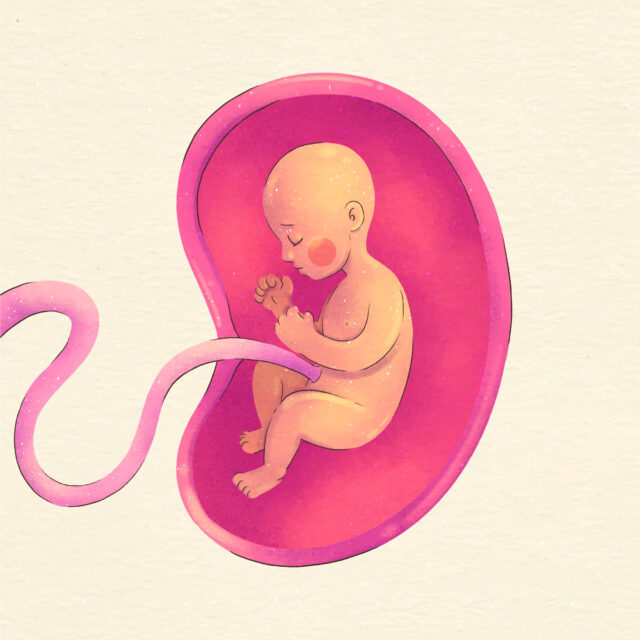Infertility is increasingly recognized as a crisis driven by lifestyle choices, disproportionately affecting lower-income groups and residents of tier 2 and 3 cities, according to Dr. Ajay Murdia, founder and chairman of Indira IVF, one of India’s largest fertility chains.
In a recent statement, Dr. Murdia emphasized that while advancements in assisted reproductive technologies, such as In Vitro Fertilization (IVF), offer hope, the most disadvantaged populations are hit hardest by rising infertility rates. He noted that access to healthcare, nutrition, and education in these areas is severely limited, exacerbating the crisis.
“Infertility is no longer just a medical issue; it’s a crisis fueled by lifestyle choices,” Dr. Murdia said. He highlighted several lifestyle factors that contribute significantly to infertility, including obesity, poor diet, smoking, and chronic stress. These issues not only affect personal health but also create barriers to conception that disproportionately impact those with fewer resources.
Alarming Statistics
The World Health Organization reports that one in eight people globally is classified as obese, which dramatically increases the risk of infertility. Dr. Murdia pointed out that obese women are three times more likely to face infertility issues compared to those maintaining a healthy weight. Similarly, for men, each additional 9 kg beyond their ideal weight raises the risk of infertility by 10%.
Dr. Murdia also highlighted the implications of smoking and tobacco chewing on reproductive health. Research shows that female smokers have a 54% higher chance of experiencing delayed conception compared to non-smokers, while men who smoke more than 20 cigarettes daily face a 19% decline in sperm concentration.
Societal Implications
The impact of these lifestyle factors extends beyond physical health, leading to emotional and psychological burdens, particularly in underprivileged communities. Dr. Murdia noted that infertility can result in anxiety, depression, and strained relationships, which are compounded by social stigma surrounding infertility in these areas.
“Late marriages and delayed family planning in tier 2 and 3 cities further contribute to the fertility crisis,” he added. While technology can assist, the natural decline in fertility with age often catches many individuals unprepared.
Call to Action
Addressing this growing fertility crisis requires a comprehensive approach that combines medical advancements with proactive lifestyle changes and targeted support for disadvantaged communities. Dr. Murdia called for increased awareness and education in tier 2 and 3 cities, stating, “By making informed lifestyle choices and enhancing access to affordable healthcare, we can create a supportive environment for natural conception.”
“It is crucial to act now to ensure that the dreams of aspiring parents are not dictated by their economic or social status. The urgency to address lifestyle factors among the poor and underprivileged cannot be overstated,” he concluded, advocating for initiatives to promote reproductive health across all communities.





